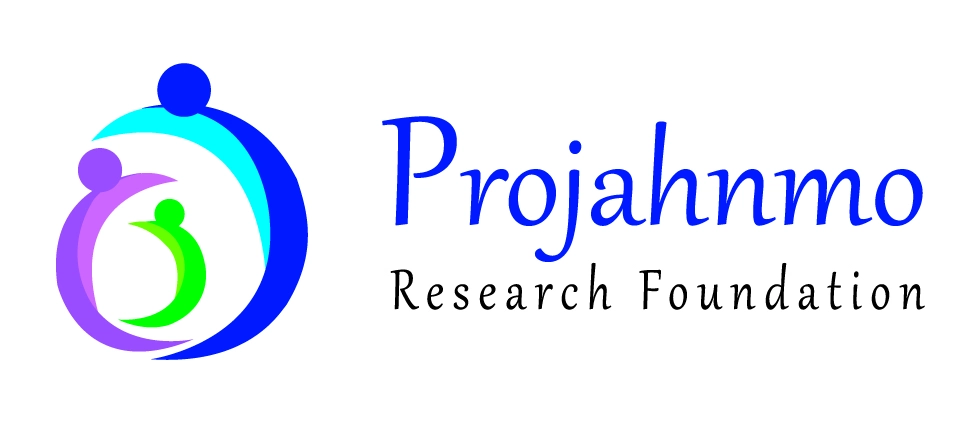
Integrating immediate Kangaroo Mother Care into district hospitals with level 2 NICU: Implementation Research
Study Period: January 2023 to December 2026
Doner Name: Bill and Melinda Gates Foundation (BMGF) through World Health Organization (WHO).
Project Description:
Background: KMC (Kangaroo Mother Care) is defined as early, prolonged, and continuous skin-to-skin contact between mother and her preterm or LBW newborn, and exclusive breastfeeding or breastmilk feeding. The results of a WHO-coordinated randomized controlled trial of the effects of immediate Kangaroo Mother Care (iKMC) revealed that risks are comparatively low in intervention group than the controlled group. The Conventional KMC was associated with a reduction in mortality from the baseline of about 25-30% in 2015 to about 16% in the control group during the study period.
Recent evaluations and analyses of country programs have uncovered a variety of factors that affect the implementation and scale-up of KMC. They include the health system's lack of leadership support and priority, personnel availability and training, insufficient funding and allocation of space, and community acceptance. The study demonstrated that context-adapted models built on implementation science can be used to achieve high KMC coverage.
So, this study will be conducted in six sites, two in Africa (Ethiopia and Nigeria) and four in South Asia (Bangladesh and India) as these countries have a high burden of LBW and neonatal mortality; they contribute substantially to the global burden; and there is a strong commitment of the government to improving hospital-based care for preterm or LBW infants. Objective:
• To develop an implementation model that will add iKMC to functional systems of care for LBW infants. This model will provide necessary care including iKMC (skin-to-skin contact and breastmilk feeding), respiratory support, warmth, monitoring, and prevention and treatment of infections in newborn care units. The model will transform level 2 NICU to level 2 Mother-Newborn Special Care Units (m-SNCU) in health administrative areas.
• To scale up the model to multiple administrative areas using a stepped wedge design and evaluate its impact on neonatal health outcomes including neonatal mortality, and identify potential barriers, facilitators, and the investments needed.
• To support national governments in four countries (Bangladesh, Ethiopia, India and Nigeria) to scale up iKMC at national levels Method:
Method: The study will be conducted in two phases: In a model development phase, an implementation model will be developed in each health administrative area (such as 1-2 districts) in each participating site. The final model will be scaled up across multiple health administrative areas; the impact on neonatal mortality and other important outcomes will be evaluated through a step wedge design.
For initial study phase, we propose a mixed-methods design that uses both qualitative and quantitative methods. In the first six months, following the preparatory phase of the study, we will conduct formative research to do a systems level diagnosis and identify gaps, barriers, and enablers for implementing iKMC. This will be followed by development of an initial implementation model, its implementation in a hospital with a level 2 unit at district level, continued qualitative and quantitative data collection, analysis, and use to iteratively improve the model until 80% coverage and quality of iKMC is achieved. Specifically, we will use the Consolidated Framework for Implementation Research in the Generic Implementation Framework to guide the process learning activities and include key concepts from the Dynamic Adaptation Process in implementation.
